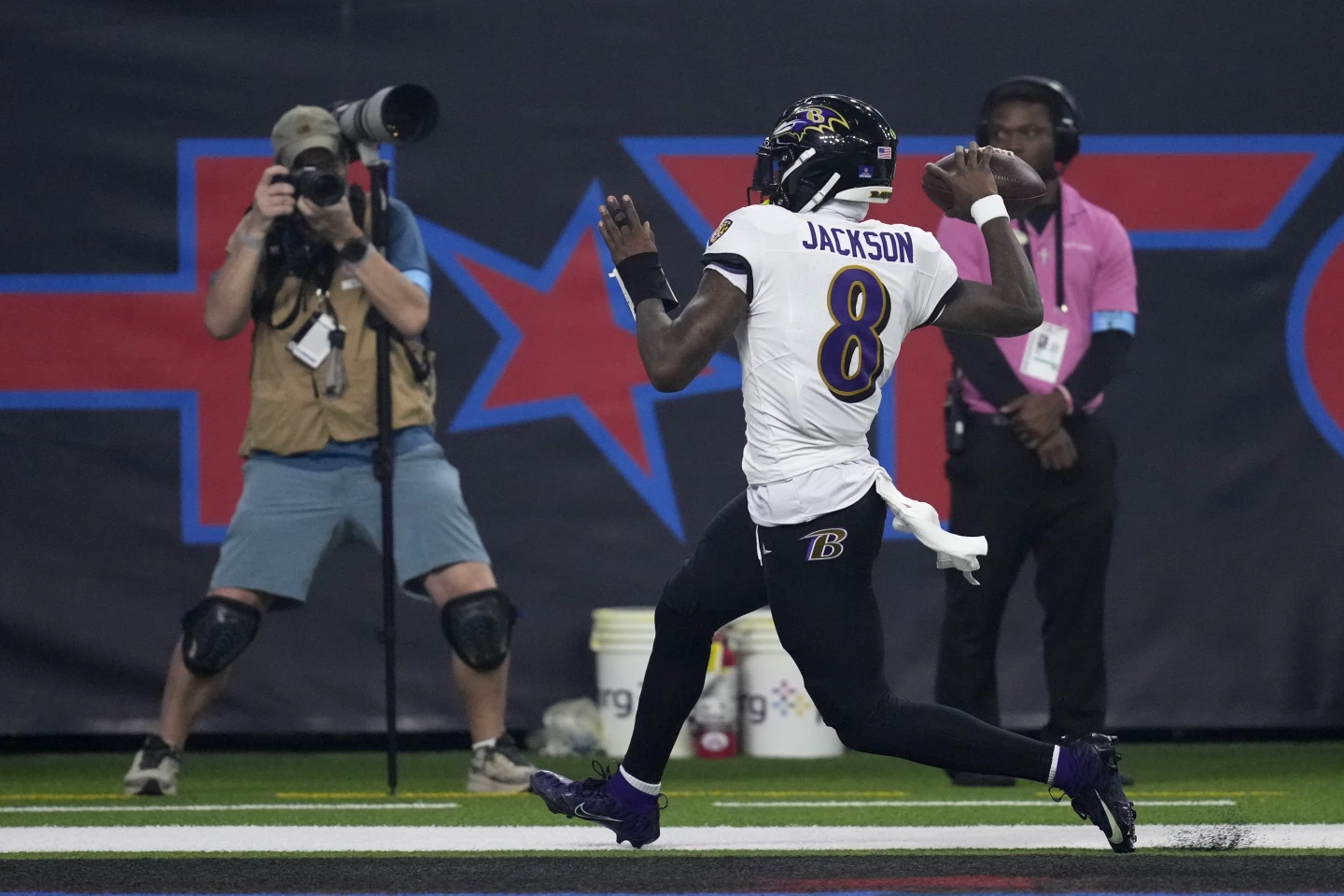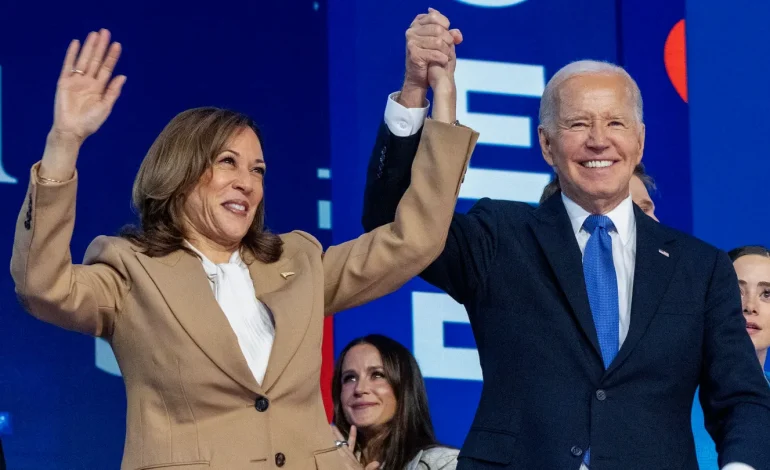Idaho Governor Brad Little has signed an executive order opposing the Biden-Harris administration’s final rule for Title IX, detailed in documents obtained by Fox News Digital.
The order, titled the “Defending Women’s Sports Act,” aims to protect women’s sports in the state by ensuring adherence to Idaho’s existing laws and the original provisions of Title IX.
The executive order mandates the Idaho State Board of Education to take two primary actions:
- Collaboration with the State Department of Education: The board is instructed to ensure that Idaho public schools comply with state laws regarding fairness in women’s sports while keeping schools updated on legal challenges to the new Title IX regulations.
- Equal Opportunities for Female Students: The order guarantees that every female student in Idaho receives equal opportunities in sports and education, as assured under the original Title IX rules and Idaho law.
Governor Little articulated the importance of this initiative during a press conference at the Idaho State Capitol on Wednesday.
“These girls and women, and their families, dedicate their time, passion, and money to improve their skills and compete to win,” he stated. “They deserve a level playing field. That is why it is so important for us as a state to do all we can to protect and defend women’s sports.”
Former college swimmer Riley Gaines, now the host of OutKick’s “Gaines for Girls” podcast, supported the governor’s stance during the event.
“I can wholeheartedly attest to the unfair composition, to the tears that I saw from not just the moms in the stands watching as their daughter be obliterated in the sport that they once loved, but the tears from the girls who placed ninth and 17th and missed out on being named all-Americans by one place,” she remarked. “I am thrilled to be here today with these legislators, with Governor Little to say that Idaho will not comply.”
The Biden administration’s final Title IX rule, which took effect this month, seeks to protect against discrimination based on “sex stereotypes, sexual orientation, gender identity, and sex characteristics.” However, on August 16, the Supreme Court voted 5-4 to block an emergency request from the administration to enforce parts of this new rule, particularly provisions that would have allowed transgender students to use bathroom facilities and dorms corresponding to their gender identity in states with laws prohibiting such practices.
In April, the administration clarified that Title IX’s ban on “sex” discrimination in educational institutions includes protections based on gender identity, sexual orientation, and related conditions. However, Little’s executive order represents a continued pushback against this regulation; more than two dozen Republican attorneys general have initiated lawsuits, claiming the new rule conflicts with state laws that restrict transgender participation in women’s sports.
Though the Biden administration contends that the regulation does not directly address athletic eligibility, experts have raised concerns about its implications. For instance, in West Virginia, a federal court granted a 13-year-old transgender middle school student known as BPJ an injunction allowing participation in female sports, despite the passage of the Save Women Sports Act, which prohibits such actions.
Riley Gaines is also engaged in legal action aimed at challenging the requirement to compete against and share locker room facilities with biological males at the collegiate level. She is set to testify in Georgia regarding her experiences competing against Lia Thomas, a transgender athlete, alongside four other NCAA All-American women.









